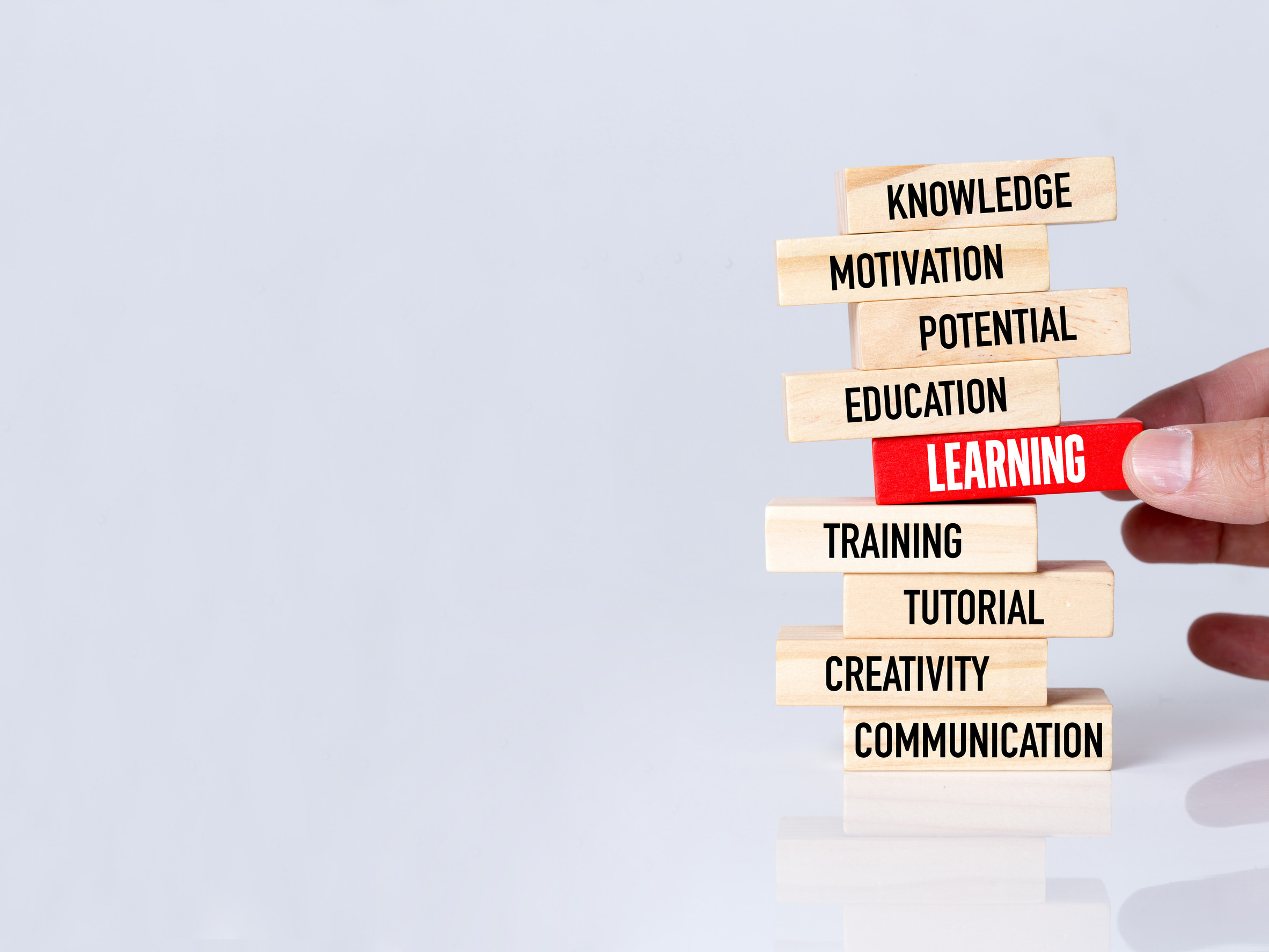
Imposter syndrome makes even the most accomplished people doubt themselves. You might feel like your success is just luck or that others will “find out” you don’t belong. These thoughts create a cycle of self-doubt, making it hard to enjoy achievements. The truth is imposter syndrome has nothing to do with actual skill or worth—it’s just a mental trap. Recognizing it is the first step toward breaking free from its grip.
1. Recognize That Thoughts Are Not Facts
Your brain can be your biggest critic, but that doesn’t mean it’s telling the truth. Just because you feel like a fraud doesn’t mean you are one. Imposter syndrome distorts reality, making you underestimate your skills and overestimate others. Challenge these thoughts by asking yourself, “What evidence do I have that I’m unqualified?” More often than not, you’ll realize your fears are based on feelings, not facts.
2. Stop Comparing Yourself to Others
It’s easy to feel like an imposter when you measure yourself against someone else’s highlight reel. Social media and success stories rarely show the struggles behind the scenes. Everyone has moments of doubt, even the people you admire. Instead of comparing, focus on your progress and personal growth. The only person you should compete with is the person you were yesterday.
3. Keep a Record of Your Wins
When self-doubt creeps in, it helps to have proof of your achievements. Keep a journal or folder where you list accomplishments, compliments, and positive feedback. Reviewing your successes reminds you that your hard work and talent have led to real results. It’s not luck—it’s your effort paying off. The more you acknowledge your strengths, the harder it becomes for imposter syndrome to take control.
4. Embrace the Learning Process

No one starts out as an expert. Feeling like you don’t know enough is a sign that you’re growing, not failing. Instead of seeing challenges as proof of incompetence, view them as opportunities to learn. Every skilled person once felt inexperienced, but they kept pushing forward. Accept that you don’t have to know everything to be valuable and capable.
5. Talk About It with Others
Imposter syndrome thrives in silence, making you feel isolated in your doubts. But when you open up to others, you’ll likely find that they’ve felt the same way. Successful people in all fields experience self-doubt—it’s just part of being human. Talking about it helps put your fears into perspective and reminds you that you’re not alone. Supportive conversations can be the encouragement you need to move past self-doubt.
6. Act Like the Person You Want to Become
Confidence isn’t about never doubting yourself—it’s about taking action despite those doubts. When you start behaving like someone who believes in themselves, your mindset begins to shift. Show up, take risks, and own your success, even if it feels uncomfortable at first. The more you act like the confident version of yourself, the more natural it becomes. Eventually, you won’t just be pretending—you’ll actually believe it.
You Deserve to Believe in Yourself
Imposter syndrome doesn’t define you—your actions, resilience, and growth do. Self-doubt may still creep in from time to time, but it doesn’t have to control you. By challenging negative thoughts, celebrating progress, and pushing forward, you can break free from its grip. Confidence is built, not given, and you have everything it takes to trust yourself.
Have you ever struggled with imposter syndrome? Share your experience in the comments!
Read More:
7 Self-Love Struggles You Don’t Realize You Have (And How to Fix Them)
Underestimated Love: 7 Indicators You’re More Solid Than You Think

Latrice is a dedicated professional with a rich background in social work, complemented by an Associate Degree in the field. Her journey has been uniquely shaped by the rewarding experience of being a stay-at-home mom to her two children, aged 13 and 5. This role has not only been a testament to her commitment to family but has also provided her with invaluable life lessons and insights.
As a mother, Latrice has embraced the opportunity to educate her children on essential life skills, with a special focus on financial literacy, the nuances of life, and the importance of inner peace.
